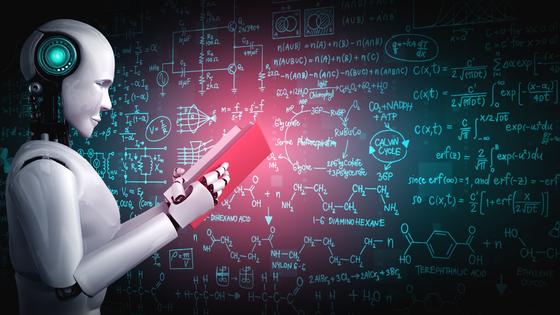A School for Robots to Open in China
In July, the country's first unified center for training humanoid robots developed by various IT companies will open.

This will allow developers to share data and improve the capabilities of smart machines used in a wide range of fields - from industry and agriculture to medicine.
At the unified educational center located in Shanghai, more than 100 types of humanoid robots will be trained. First and foremost, they will be taught actions familiar to humans - for example, picking up and moving objects. Later, all the skills acquired by the robots will be thematically organized, such as household skills, professional skills, industrial skills, and so on. Robots will need to understand the logic behind human actions, learn to break down a large, labor-intensive task into smaller ones, and solve them step by step, relying on real-time environmental data.
"It is expected that the humanoid robots trained at the center will be able to perform more complex tasks requiring a sequence of actions based on their autonomous judgments, formed through searching and correlating data collected during training", notes Yang Zhengye, an employee of the National Innovation Center for Humanoid Robotics. The center's CEO, Xu Bing, states that such a school for robots aims to stimulate and support the development of the entire industry, including the development of new technologies, the building of complete ecosystems, the creation of representative products, and the implementation of solutions in critical scenarios. Moreover, sharing all collected data among the development companies will save resources and time, increasing the efficiency of robot training and enhancing their capabilities.
Humanoid robots could also be used in schools. For example, in one school in India, the first AI-based teacher robot, named Iris, started working last year. Iris moves on wheels, speaks three languages, and possesses knowledge across a variety of school subjects, making it capable of teaching both preschoolers and high school students. Meanwhile, in Japan, humanoid machines have been used to combat student absenteeism. If a child was ill or unable to attend classes for another valid reason, they could connect via a laptop to a robot located at the school, which acted as their proxy. These devices gave children the opportunity to at least virtually attend lessons and extracurricular activities.












 Spring skills audit: what to remove, strengthen, and “sow” in learning
Spring skills audit: what to remove, strengthen, and “sow” in learning
 9 Career Mistakes Young Professionals Make
9 Career Mistakes Young Professionals Make
 £23 million allocated for the expansion of EdTech Testbed in the UK
£23 million allocated for the expansion of EdTech Testbed in the UK
 Test: How Psychologically Mature Are You? Check Your Inner Foundation.
Test: How Psychologically Mature Are You? Check Your Inner Foundation.
 Test. Check Your Social Media Dependency Level!
Test. Check Your Social Media Dependency Level!
 Test: What Business is Right For You?
Test: What Business is Right For You?
